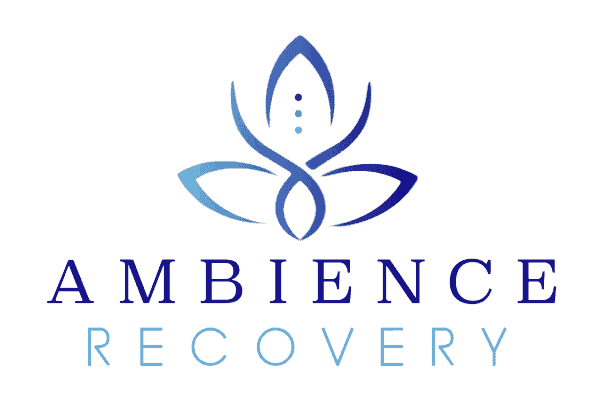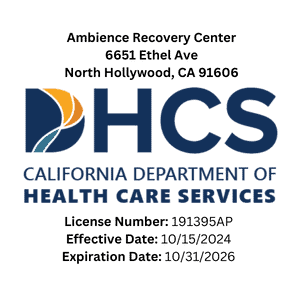Key Takeaways
- Importance of a Sober Support Network: A strong network is crucial for providing emotional support, accountability, and encouragement in maintaining long-term sobriety.
- Steps to Build Your Network: Identify your needs, reach out to like-minded individuals, join support groups, and seek professional help to create a reliable sober support network.
- Involving Friends and Family: Engaging loved ones in your recovery journey helps reinforce your commitment to sobriety.
- Utilizing Professional Resources: Incorporating therapists, counselors, and sober coaches offers structured guidance and support.
- Maintaining and Growing Your Network: Keep your support network strong by staying engaged, adapting to new challenges, and continually building connections.
Introduction
Recovery from addiction is a challenging journey, and having a robust and sober support network can make all the difference. This network provides the emotional, practical, and motivational support necessary to navigate the ups and downs of maintaining sobriety. In this ultimate guide, we’ll explore the steps to build a sober support network to help you stay on track and achieve long-term recovery.
Why a Sober Support Network is Essential
A sober support network is more than just a group of people cheering you on; it’s a lifeline that can provide strength and encouragement when needed. Whether you’re facing cravings, dealing with stress, or simply needing someone to talk to, a strong network offers the support required to stay committed to your recovery goals. This network can help prevent relapse by providing accountability, helping you manage triggers, and offering a safe space to share your struggles and successes.
Steps to Build Your Sober Support Network
Building a solid, sober support network requires thought and effort, but the benefits are worth it. Here are the critical steps to creating your network:
Identify Your Needs
The first step in building a sober support network is understanding your specific needs in recovery. Do you need emotional support, practical advice, or someone to hold you accountable? Identifying what you need most will help you determine the type of people and resources that should be part of your network.
Reach Out to Like-Minded Individuals
Connecting with others who are also in recovery or who have experience with addiction is crucial. These individuals understand what you’re going through and can offer valuable insights and encouragement. Whether through a local recovery group or an online forum, finding like-minded people who share your commitment to sobriety can provide a strong foundation for your support network.
Join Support Groups
Support groups like Alcoholics Anonymous (AA), Narcotics Anonymous (NA), or other recovery-focused groups are excellent places to connect with others in recovery. These groups offer a sense of community, shared experiences, and the opportunity to build lasting relationships with others on the same path. Online support groups can also be a valuable resource, especially if you want flexibility in participating.
Seek Professional Help
Incorporating professional resources into your sober support network is essential for long-term success. Therapists, counselors, and sober coaches can offer structured support, helping you navigate recovery challenges with expert guidance. These professionals can also provide tools and strategies to manage triggers, cope with stress, and maintain your commitment to sobriety.
Involving Friends and Family
Your friends and family can play a vital role in your recovery, but it’s essential to communicate your needs and set boundaries. Explain your recovery goals and ask for their support in specific ways, such as attending meetings, helping you avoid triggers, or simply being there to listen. Setting clear boundaries is also essential to protect your sobriety, especially if some relationships may be challenging to navigate during your recovery.
Utilizing Professional Resources
Professional support is a cornerstone of a solid, sober support network. Therapists and counselors can help you address underlying issues that may have contributed to your addiction. At the same time, sober coaches can provide practical advice and encouragement as you work toward your goals. These professionals can also help you develop a personalized recovery plan, offering the structure and accountability needed to stay on track.
Maintaining and Growing Your Network
Once you’ve established your sober support network, it’s essential to keep it active and engaged. Stay connected with your support group, regularly attend meetings, and seek new connections to enhance your recovery journey. As you progress in your recovery, your needs may change, and it’s essential to adapt your network accordingly. Don’t be afraid to reach out for additional support or to let go of connections that are no longer beneficial.
Conclusion
Building and maintaining a strong sober support network is essential for achieving and sustaining long-term recovery. By surrounding yourself with supportive individuals, engaging with professional resources, and staying committed to your recovery goals, you can create a network that helps you confidently navigate the challenges of sobriety. If you’re ready to start building your sober support network, Ambience Recovery is here to help. Call us at 866-721-7470 to learn how we can support your recovery journey.
FAQs
Why is a sober support network necessary for recovery?
A sober support network provides emotional, practical, and motivational support, helping you stay committed to your recovery goals and navigate the challenges of maintaining sobriety.
How can I start building my sober support network?
To create a reliable and effective support network, identify your needs, contact like-minded individuals, join support groups, and seek professional help.
What role do professionals play in a sober support network?
Professionals like therapists, counselors, and sober coaches offer structured guidance, helping you address underlying issues, develop coping strategies, and stay on track with your recovery goals.
How can I involve my friends and family in my recovery?
Communicate your recovery goals to friends and family, ask for their support in specific ways, and set boundaries to protect your sobriety.
How do I maintain and grow my support network over time?
Keep your support network active by staying engaged with your support group, regularly attending meetings, and seeking new connections to enhance your recovery journey.
Resources
https://www.ncbi.nlm.nih.gov/pmc/articles/PMC4375072/
https://www.ncbi.nlm.nih.gov/pmc/articles/PMC10259869/
Katie is a Licensed Clinical Social Worker who has worked as a primary therapist, supervisor, and now clinical director for SUD/MH treatment centers for the past 12 years. Katie is trained in Brainspotting, EMDR, Internal Family Systems and Dialectical Behavior Therapy and is passionate about treating substance use disorders, trauma and grief.






